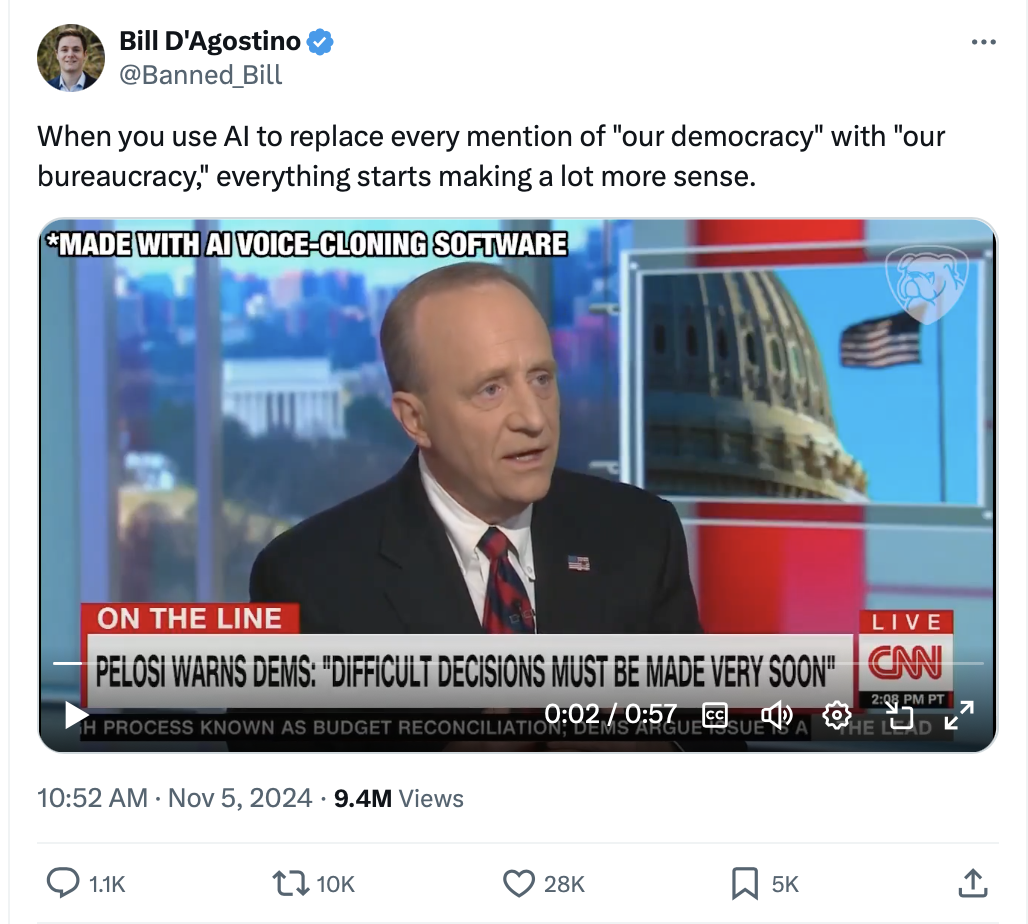RFK, Jr.’s Position on Vaccines
The corporate news, which is largely financed by Big Pharma and pressured nonstop by the U.S. security state, has lied to us for years regarding RFK, Jr.'s position on vaccines. That why so many people have sincerely looked me in the eyes and asserted that RFK, Jr. is "against vaccines" or is a "conspiracy theorist regarding vaccines." People are free to agree or disagree with him, but responsible people should make sure they accurately understand RFK, Jr.'s position before hurling ad hominems at him out of ignorance and laziness.
Here is RFK, Jr.'s actual position regarding vaccines:
I just want to make this clear. I don't want to take vaccines away from people. I don't want to impose my choices on the American public. If vaccines are working for you, you ought to be able to get them. And I'll make sure that happens. But people should have informed choice. So they should have good science that tells them the cost and the benefits of these products, particularly since they're being ordered to use them.76 million kids a year are required to use them. and they're healthy children. So it's the only medical product that's given to healthy people. You want a product like that to be extra solid, to make sure there's no risk, because you can take, you know, there's certain risks that you'll take if you're sick to get better. Of course. But if you're not sick, and you shouldn't be required to take a product unless it is iron-clad, unless you know what the... you know, what all the costs and benefits are.
And the problem with vaccines is that they were originally introduced by the Public Health Service, which is one of the five military services. That's why there's a surgeon general. And the Public Health Service introduced them and pushed them as a national security defense against biological attacks on our country. So they wanted to make sure that if the Russians attacked us with anthrax with some other biological agent They could quickly formulate a vaccine and then deploy it to 220 million American civilians without regulatory impediments.
A normal Medical product takes about eight years to get to market because it has to go through double-blind placebo controlled trials And you need to see long-term effects. There are many effects On every medical product that have long diagnostic horizons long incubation periods They didn't want to go through that because they said it's going to be a national emergency. So instead of calling it a medicine, we're going to call it a biologic and we're going to exempt biologics from pre-licensing safety studies.
So there's no vaccine on that schedule, that 72 vaccines, that has ever gone through a pre-licensing safety study placebo-controlled trial against a real placebo. And that's wrong because that means that nobody knows what the risk profiles are on these products. And nobody can tell you whether that product is averting more problems than it's causing.
And what I will do, you know, if I'm given this job in the White House, is I'll make sure that those studies get done, that there are people on the panels that approve these products that are not loaded with conflicts of interest. So it's real science. disinterested people and that doctors and patients and Americans know exactly what the costs and benefits of every vaccine are and can make a rational decision.





